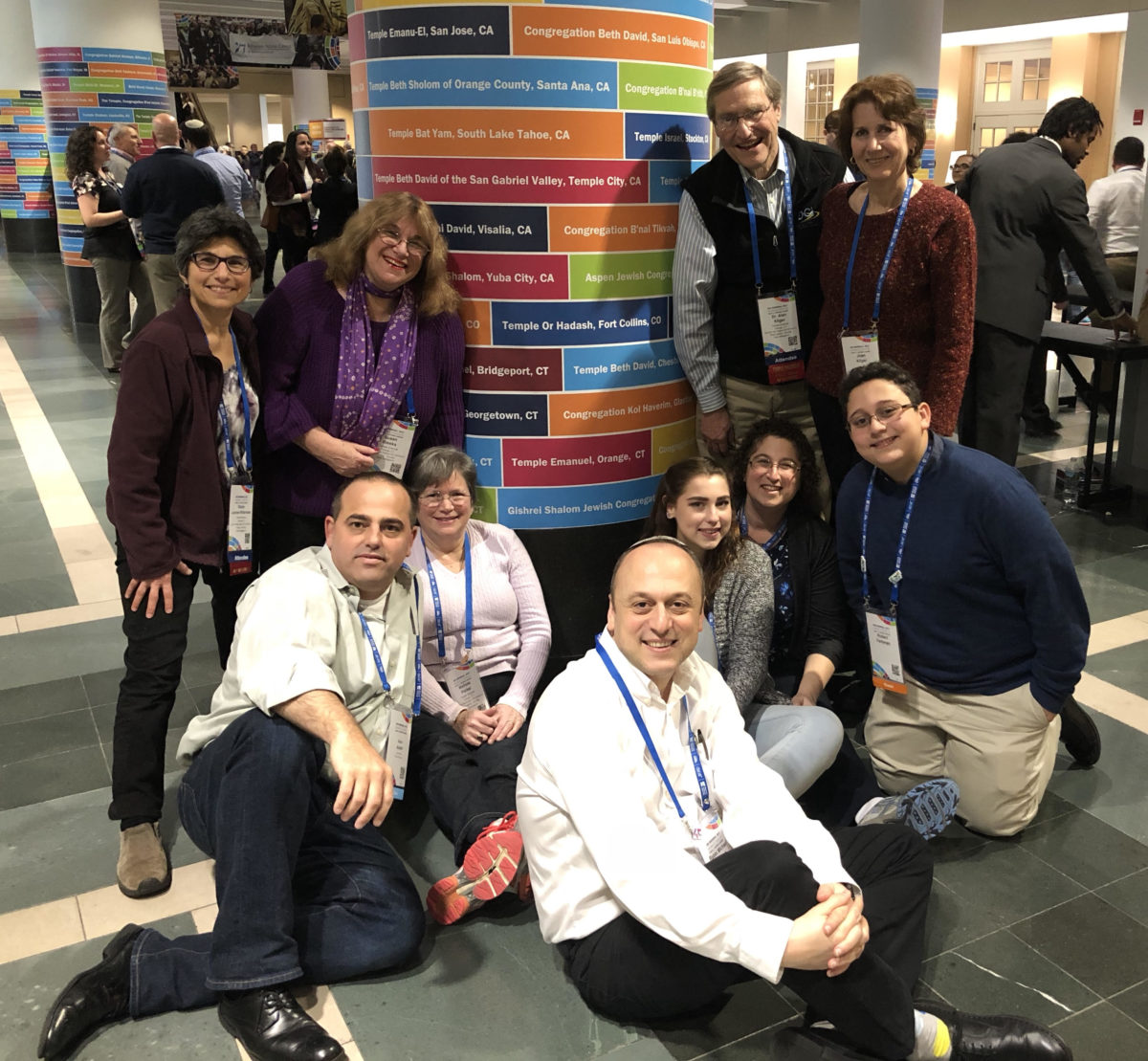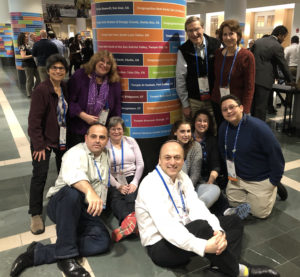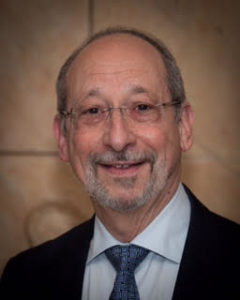 RABBI LAWRENCE ENGLANDER, D.H.L. co-editor and author of the recently published “The Fragile Dialogue: New Voices of Liberal Zionism” will be our Scholar-in-Residence this year.
RABBI LAWRENCE ENGLANDER, D.H.L. co-editor and author of the recently published “The Fragile Dialogue: New Voices of Liberal Zionism” will be our Scholar-in-Residence this year.
Thursday, April 12 7 pm – 8:30 pm: Mishnah class (Open to all!)
How did we get from a centralized Jerusalem Temple to world-wide
synagogues? In our Mishnah study, we shall discover that the
synagogue was already becoming popular while the Temple still
stood — and we’ll discuss the reasons why.
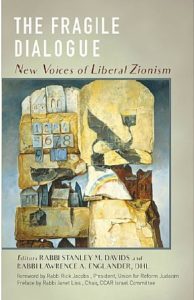 Friday, April 13
Friday, April 13
- 5:30 pmTot Shabbat Welcome Shabbat with joy and songs (for under 5s & their families)
- 6:00 pm Shabbat dinner – Please RSVP for dinner/lunch online
- 7:30 pm Kabbalat Shabbat Service. Rabbi Englander will discuss
The Fragile Dialogue: New Voices of Liberal Zionism. Are there common
elements on which all liberal Zionists can agree? What are the major
areas of contention? What can we do to advance our ideals?
Saturday, April 14
- 10:00 am Shabbat Minyan with Rabbi Englander. We will briefly examine Israel’s Declaration of Independence as we would a biblical or Talmudic text, to discuss the inherent values in Zionism and the challenges we face today.
- 12:15 pm Dairy lunch. RSVP here.
- 1:00 – 2:30 pm New Religious Trends in Israeli Popular Music
Secular Israeli rock stars are turning to Jewish tradition to find material for their songs – and in the process they are teaching Judaism to their fans! We shall listen to a few of these songs and discuss their meaning for Israeli listeners and for us.
- 6:30 pm Israeli Songs of Protest
Just as protest songs influenced political life in North America in the 1960’s, so has there been a similar tradition in Israel. In this session, we shall listen to and discuss protest songs going back to the aftermath of the 1967 Six Day War and continuing on to the present. The themes will include the Occupation, African asylum seekers, social inequality and more.
This weekend is generously supported by Anonymous TE Leave a Legacy Donor.
About our speaker
Rabbi Lawrence A. Englander received his Honours B.A. degree from York University in 1970. He then attended Hebrew Union College – Jewish Institute of Religion (one year in Jerusalem and four years in Cincinnati), receiving ordination as Rabbi in 1975. He is the founding Rabbi of Solel Congregation, Mississauga, serving there since its inception in 1973 until his retirement in June 2014; he now serves Solel as Rabbi Emeritus. He is also Adjunct Rabbi at Temple Sinai in Toronto.
Rabbi Englander received his Doctorate of Hebrew Letters from Hebrew Union College – Jewish Institute of Religion in 1984, in the field of Jewish Mysticism and Rabbinics. He has taught in the Religious Studies Department at York University and spent a semester teaching rabbinical students at Leo Baeck College in London, England. He has written several articles on Jewish Mysticism, as well as a book, The Mystical Study of Ruth, published by Scholars Press. He is former Editor of the Central Conference of American Rabbis Journal.
Another passion of Rabbi Englander’s is Reform Zionism, a subject on which he has written and edited articles. He served as Chair of ARZENU, a world-wide progressive Zionist organization, from 2014 to 2017. He is co-editor (with Rabbi Stanley Davids) of the book Fragile Dialogue: New Voices of Liberal Zionism, published by CCAR Press. He also serves on the Board of JSpace, a Canadian liberal Zionist organization.
Rabbi Englander has also played an active role in establishing two Mississauga interfaith organizations: Foodpath, a community food bank; and Pathway, a non-profit housing corporation, of which Rabbi Englander was the founding President. In 2005 he was appointed as a Member of the Order of Canada for his work in the community.
Both Rabbi Englander and his wife Cheryl are natives of Toronto.

 Mindfulness & Sound – A Jewish experience program for children! (Parents are also invited to join!)
Mindfulness & Sound – A Jewish experience program for children! (Parents are also invited to join!)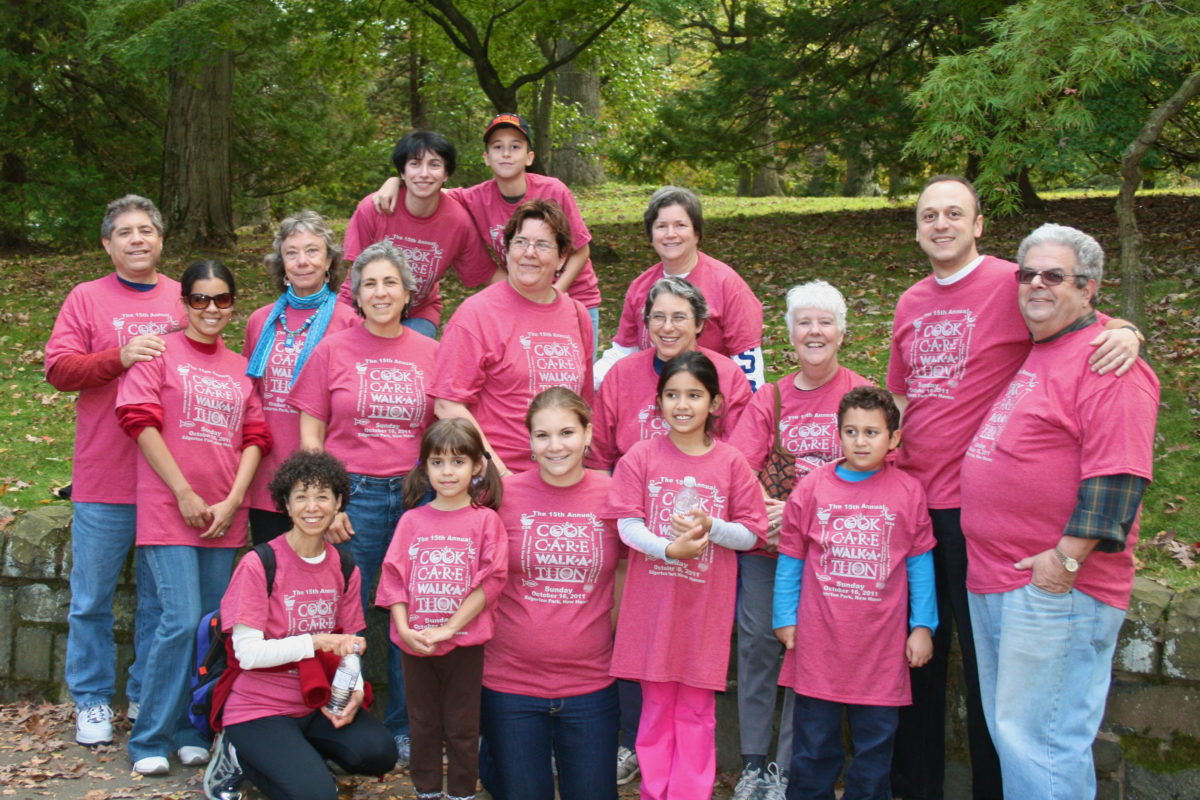
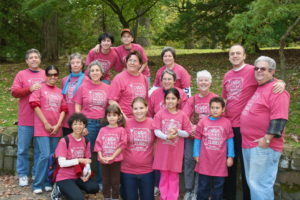
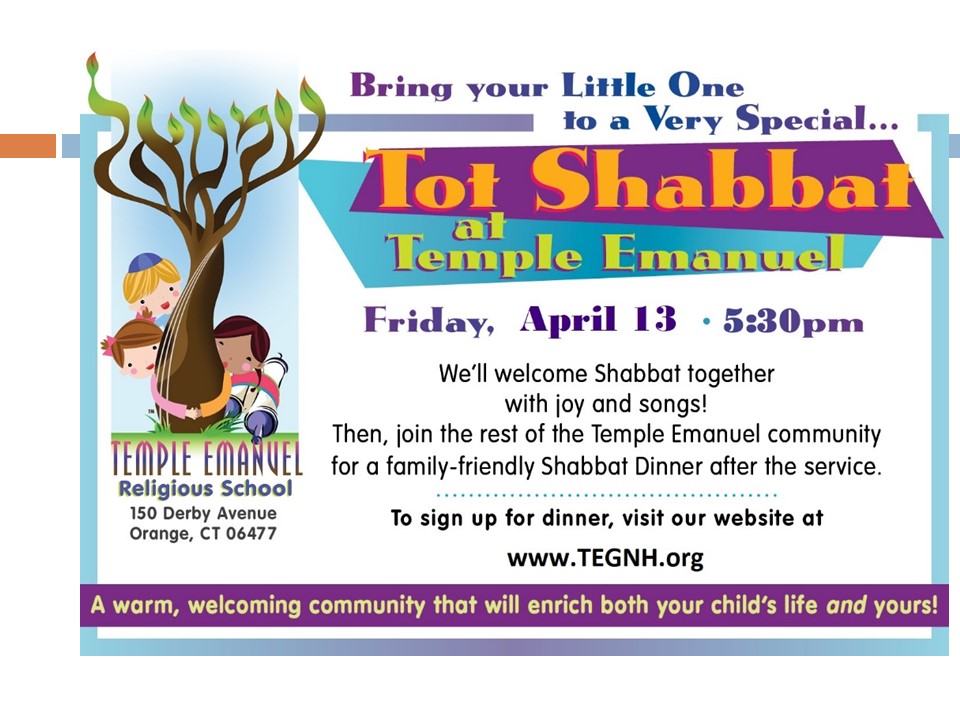
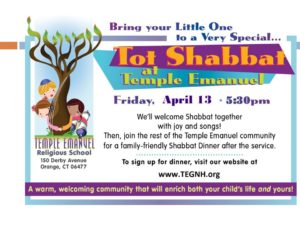
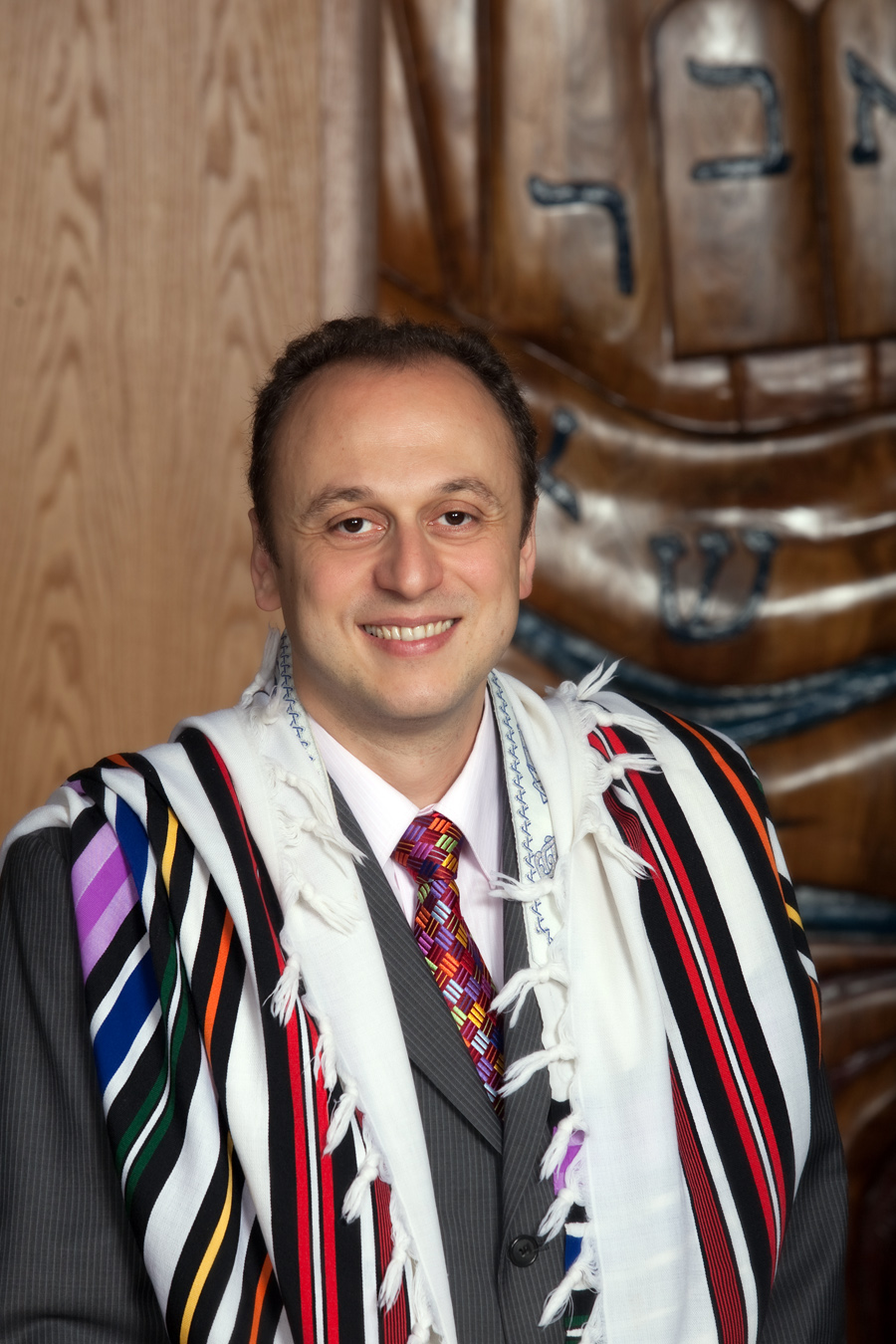
 As I write this column, our nation continues to reel from the pain of another devastating school shooting, this time in Parkland, Florida, that claimed 17 lives. As always happens after such tragic events, we engage in fierce debates and discussions, in person and increasingly online, on how best to prevent such tragedies. As always, there is not much listening going on in these debates – but quite a lot of shouting. The issues are real, the pain is real, and the frustration is real. It is hard to talk about difficult issues, amidst communal and national pain, when we are so divided in our opinions. It is obvious that people are finding it increasingly hard to even acknowledge the humanity of anyone holding an opinion that differs from his own. And yet also we must acknowledge that unless we find a way to listen to each other, and to really hear each other, the solutions to this and many other of our problems, will continue to elude us.
As I write this column, our nation continues to reel from the pain of another devastating school shooting, this time in Parkland, Florida, that claimed 17 lives. As always happens after such tragic events, we engage in fierce debates and discussions, in person and increasingly online, on how best to prevent such tragedies. As always, there is not much listening going on in these debates – but quite a lot of shouting. The issues are real, the pain is real, and the frustration is real. It is hard to talk about difficult issues, amidst communal and national pain, when we are so divided in our opinions. It is obvious that people are finding it increasingly hard to even acknowledge the humanity of anyone holding an opinion that differs from his own. And yet also we must acknowledge that unless we find a way to listen to each other, and to really hear each other, the solutions to this and many other of our problems, will continue to elude us. As you will see elsewhere in the Shofar, our Scholar in Residence this year is Rabbi Larry Englander, a wonderful teacher and a colleague, who co-edited the recently published ‘The Fragile Dialogue: New Voices of Liberal Zionism,’ a collection of essays presenting a wide variety of modern liberal Zionist ideas and challenges. While we will have an opportunity to learn so much from Rabbi Englander during his time here (see the full list of events in the Shofar and online), I am particularly looking forward to continuing our conversation on how to have these ‘fragile dialogues,’ addressing some of the most difficult, most challenging questions of our generation. I look forward to this continued journey of learning and listening with all of you and with Rabbi Englander on April 12-14, as well as during a special session on April 8th where we begin to look at the ideas presented in the book. In the meantime, I wish you a Chag Pesach Kasher v’Sameach – Happy Passover, and I look forward to seeing many of you at the TE Seder (first night, March 30) and the Passover Morning Service on March 31st.
As you will see elsewhere in the Shofar, our Scholar in Residence this year is Rabbi Larry Englander, a wonderful teacher and a colleague, who co-edited the recently published ‘The Fragile Dialogue: New Voices of Liberal Zionism,’ a collection of essays presenting a wide variety of modern liberal Zionist ideas and challenges. While we will have an opportunity to learn so much from Rabbi Englander during his time here (see the full list of events in the Shofar and online), I am particularly looking forward to continuing our conversation on how to have these ‘fragile dialogues,’ addressing some of the most difficult, most challenging questions of our generation. I look forward to this continued journey of learning and listening with all of you and with Rabbi Englander on April 12-14, as well as during a special session on April 8th where we begin to look at the ideas presented in the book. In the meantime, I wish you a Chag Pesach Kasher v’Sameach – Happy Passover, and I look forward to seeing many of you at the TE Seder (first night, March 30) and the Passover Morning Service on March 31st.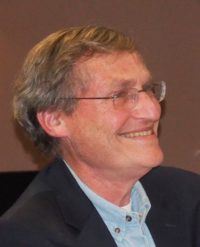
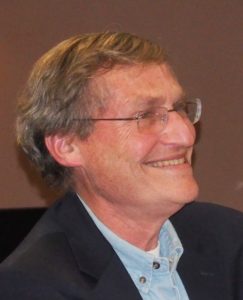 Are you a conservative or a liberal? Fox News or CNN? Whom do you follow on Twitter? Are our leaders giants or goats? For better or worse, most of us have passionate feelings about who is right and who is wrong, and we look for affirmation of our opinion.
Are you a conservative or a liberal? Fox News or CNN? Whom do you follow on Twitter? Are our leaders giants or goats? For better or worse, most of us have passionate feelings about who is right and who is wrong, and we look for affirmation of our opinion.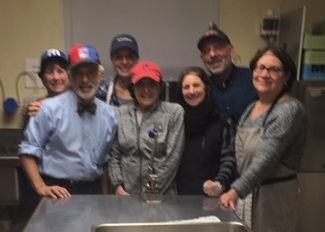
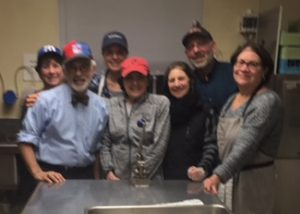 As part of TE’s social action program, Nancy Weber and Max Case have organized a group of TE members to serve dinner at the Beth El Center soup kitchen in Milford on the first Tuesday of each month.
As part of TE’s social action program, Nancy Weber and Max Case have organized a group of TE members to serve dinner at the Beth El Center soup kitchen in Milford on the first Tuesday of each month.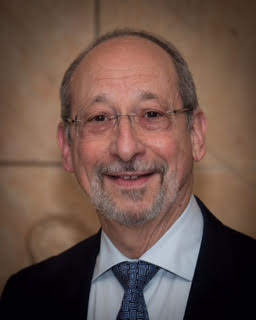
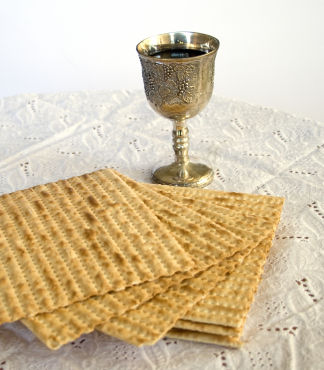
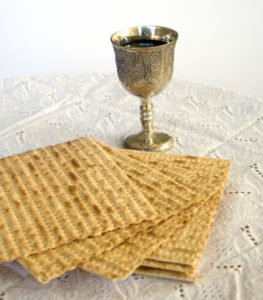 You and your family are invited to celebrate the Passover Seder with Rabbi Farbman and your extended Temple Emanuel Family!
You and your family are invited to celebrate the Passover Seder with Rabbi Farbman and your extended Temple Emanuel Family!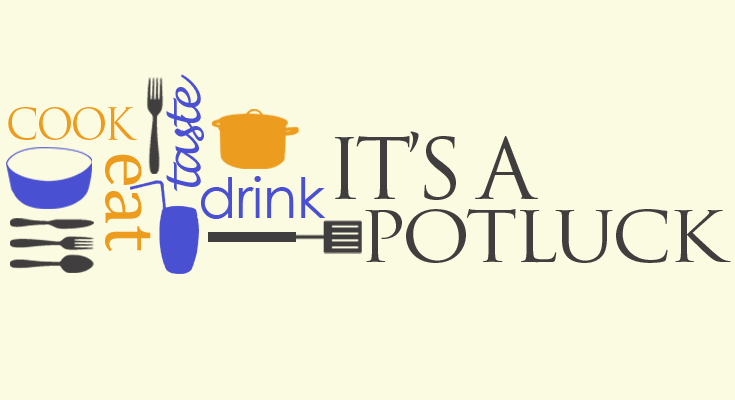
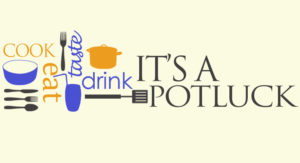 Share a potluck Shabbat meal with family and friends! Unwind at the end of the week, and welcome Shabbat with your extended Temple Emanuel Family.
Share a potluck Shabbat meal with family and friends! Unwind at the end of the week, and welcome Shabbat with your extended Temple Emanuel Family.